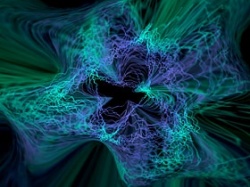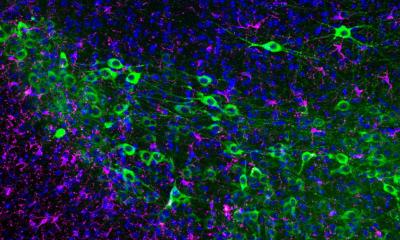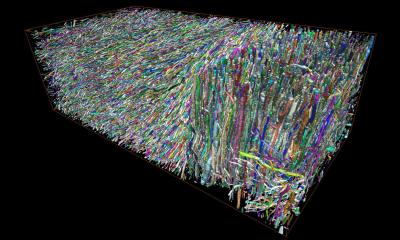Music for the eyes
EyeMusic, developed by a team of researchers at the Hebrew University of Jerusalem, employs pleasant musical tones and scales to help the visually impaired "see" using music.

This non-invasive SSD converts images into a combination of musical notes, or "soundscapes." Sensory substitution devices (SSDs) use sound or touch to help the visually impaired perceive the visual scene surrounding them. The results of the study were published in the July issue of Restorative Neurology and Neuroscience.
09.07.2012











